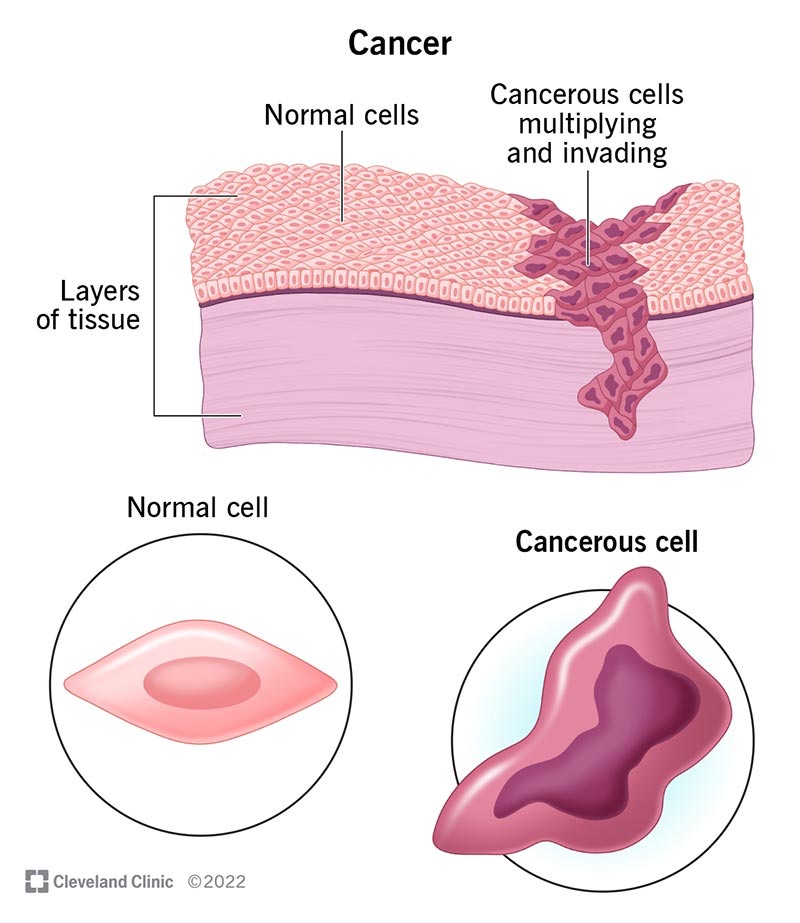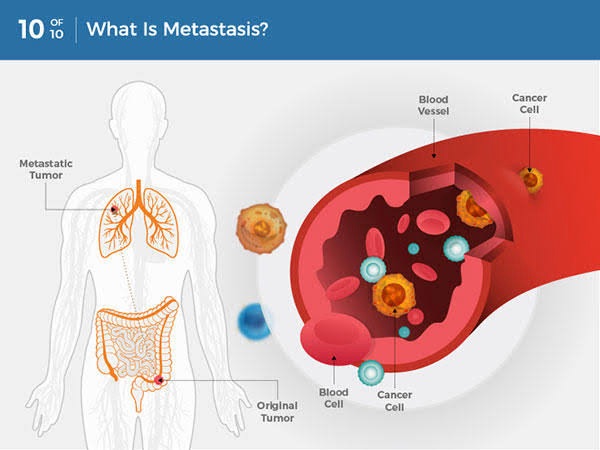Lionel Messi
Breast cancer research with the ‘Angelina Jolie gene’ is the latest in the fight against the disease

Betting Enthusiasts! Cash Out at Your Command and Win Bigger…
Max Up Your Winnings! Up to 75% Bonus on 2nd Deposit!
Double Your Wins On Aviator – 100% Grow Your Winnings
Cancer research around the world is accelerating, and Cambridge University’s latest breakthrough in breast cancer prevention will hot on the heels of similar advances in other areas. other.
Research has found that early intervention with immunotherapy drugs in healthy women with cancer-causing genes could prove an effective way to prevent breast cancer.
This success follows the development of a treatment at the University of Pennsylvania that causes the body’s immune cells to follow and destroy cancer cells in leukemia patients.
It was recently revealed that the first two patients treated with CAR-T cell therapy were still in remission, 12 years later.
Elsewhere at the University of California San Diego School of Medicine, a recent study found success in identifying 95 percent of early pancreatic cancer.
As one of the deadliest forms of the disease, pancreatic cancer is rarely diagnosed before it spreads, with a five-year survival rate of less than 5 percent.
The university looked at how biomarkers in cell-cell communication molecules could be used to detect pancreatic, ovarian and bladder cancer in stages I and II.
Advances promise hope for earlier diagnosis, and treatment for better long-term survival rates.
Angelina Jolie ‘The Effect’
At the University of Cambridge, scientists identified immune cells in healthy women who carried the faulty BRCA gene, and administered immunotherapy drugs to prevent the onset of breast cancer, as a limited option for early surgery.
Our results suggest that in BRCA mutation carriers, the immune system fails to kill damaged breast cells, which in turn appears to work to preserve these immune cells, to said Prof Walid Khaled at Cambridges University’s Department of Pharmacology. and senior report writer.
We were very excited about this discovery, because it opens up the possibility of preventive treatment without surgery for BRCA breast cancer gene mutation carriers.
Cancer is the third leading cause of death in the UAE, and breast cancer is the most common and accounts for 32 percent of all cancers in Emiratis and 41 percent in other nations.
Women in the UAE develop breast cancer at least ten years earlier than women in the west, making mammography screening a priority for the government.
Although all women have the BRCA1 and BRCA2 genes, about 1 in 400 will carry a mutation that can lead to breast or ovarian cancer.
Hollywood actress Angeline Jolie brought global attention to the BRCA1 gene when she opted for double mastectomies after being diagnosed with the same faulty gene that led to the deadly cancer of his mothers.
Jolie estimated that her genetic makeup gave her an 87 percent chance of developing breast cancer and a 50 percent chance of developing ovarian cancer in her lifetime.
Speaking publicly about her experience pushed many women to get tested for genetic mutations and choose prophylactic mastectomies to reduce the risk of cancer.
In the United States, the number of women diagnosed with early breast cancer who chose preventive surgery increased to 30 percent in 2011, up from 5.4 percent in 1998.

Now, scientists at the University of Cambridge said that the latest success could provide an alternative to preventive care surgery.
Breast tissue samples were taken from 55 healthy women across the population, and more than 800,000 cells were sequenced.
A method called “single cell RNA-sequencing” was used to understand the different types of breast cells and their states.
Things that can cause harm
Several factors influence the risk of breast cancer, making it difficult to predict.
Experts believe that the risk of breast cancer increases with age, but this is reduced by pregnancy in adulthood.
The study aimed to better understand how risk factors interact, by examining cells from different countries.
As we collect more data of this type from samples around the world, we can learn more about how breast cancer develops and the effect of different risk factors with the aim of improving treatment, he said. Austin Reed, a doctoral student at the university and fellowship. first author of the report.
According to the UAE National Cancer Registry, in the Arab population, the average age of breast cancer diagnosis is 48 years, and two-thirds of women are under 50 years of age.
Screening every two years showed a significant benefit in reducing death in people between the ages of 50 and 69.
Updated: March 29, 2024, 12:39 PM
#Breast #cancer #research #39Angelina #Jolie #gene39 #latest #fight #diseaseEurope’s upcoming Mars rover now has a detailed map to help search for ancient life on the Red Planet (video)












